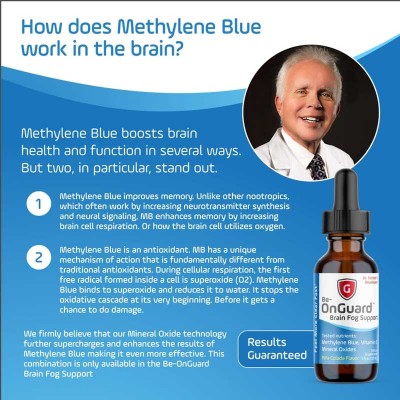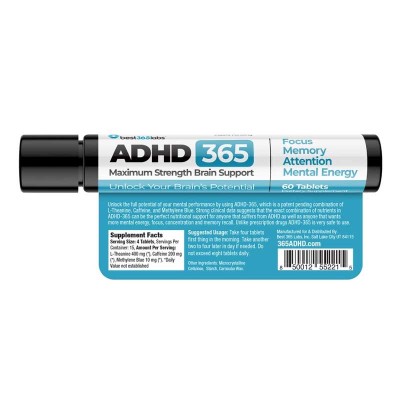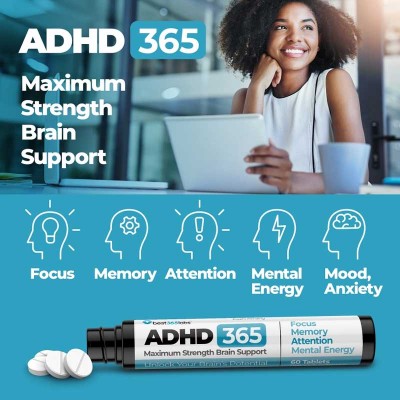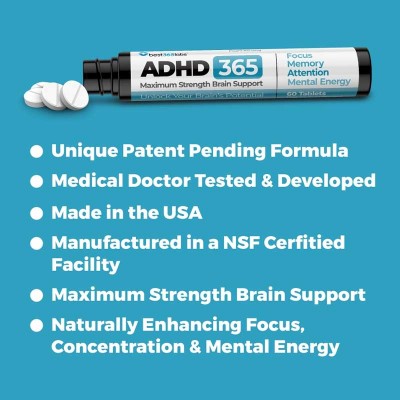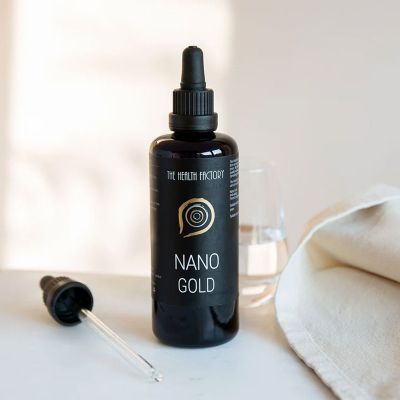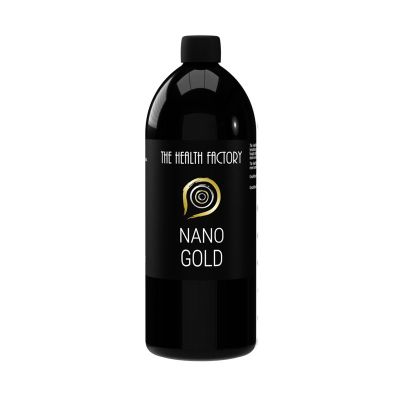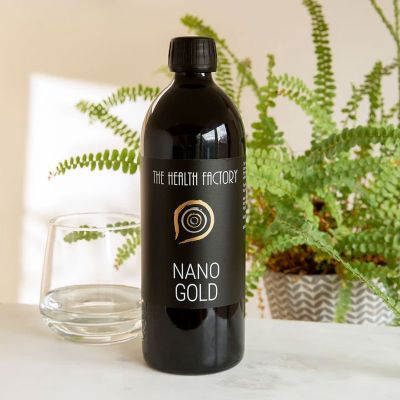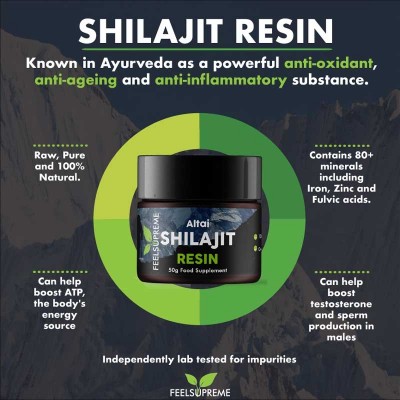

Brain, Memory & Eyes
Brain and Memory
Our brains are a mystery to us and we give little thought to how this amazing organ actually works, in relation to our thoughts and memories that quite literally make us who we are.
With conditions like Alzheimer’s and other dementias becoming more prevalent and ever increasing it would be good to know more about our brain and memories, and what we can do to keep them healthy and functional.
Memories are stored in different areas of our brain depending on their function. It is thought to be created and stored throughout the brain but the following indicates specific areas commonly identified:
Long Term Memory – This is an area of vast storage and record of past events. There is explicit memory (conscious) - episodic events directly related to us, or semantic being concerned more generally. These are stored in The Hippocampus, Neo-Cortex and Amygdala. There is also implicit memory (unconscious) that is concerned with motor skills/activity or ‘priming’ where association occurs. These are stored in the Basal Ganglia and Cerebellum.
Short Term Memory – Storage of new information held temporarily – this can be conscious or unconscious. The Prefrontal Cortex and Hippocampus are both involved with short term memory processes.
Working Memory – Concerned with immediate processing in relation to perception and linguistics. It allows us to use information to execute cognitive tasks. This might be storing someone’s provided address while processing information on how to get to the address for example. Working memory allows us to make use of short term memory. The Prefrontal Cortex is involved in the temporary storage of this information.
Our brains have almost 90 billion neurons – our memories are stored due to the changing connections between neurons that form networks. Neurogenesis or formation of neurons more or less ceases in adulthood; however, more recent studies show that we do not lose many neurons as we age (around 2-4% over our lifetime) but they become more densely packed as our brains shrink. It is reported that we have 10-1 more Glial cells than neurons and these have an important part to play in the process of memory – acting as influencers in signalling activity of neurons and creating pathways.
As studies now show that we do not lose significant numbers of neurons in the brain as part of the ageing process (wear and tear may affect how the signals are passed between cells). It may be encouraging to note that it might therefore be possible to preserve the stores we have by keeping them as healthy as possible. Although it’s unclear as yet exactly how we can do this, then maintaining a healthy, organic diet and taking regular exercise should be the least we do to protect our brains and memory. However, nutritional supplementation might also be considered for ‘peace of mind’ that our brains are receiving optimal ‘food for thought’ that may help mental performance including focus and concentration, recall, clarity and cognitive function.

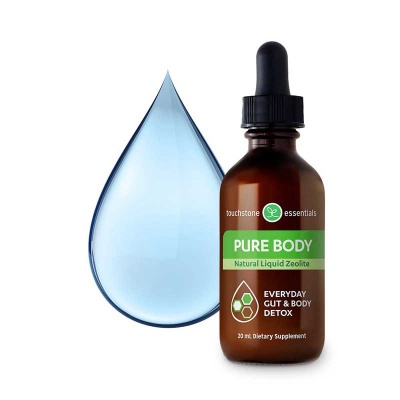
.jpg)
.jpg)
.jpg)

.jpg)

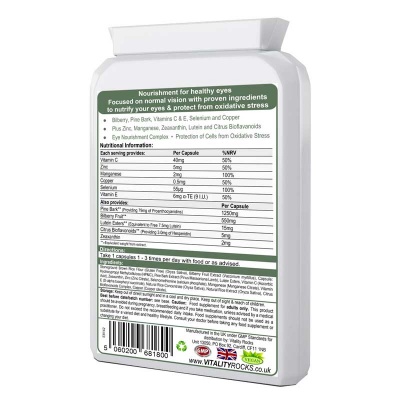

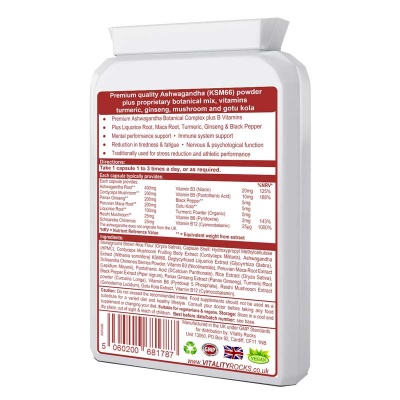

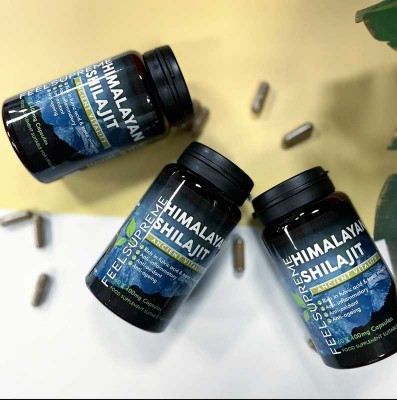




.jpg)


